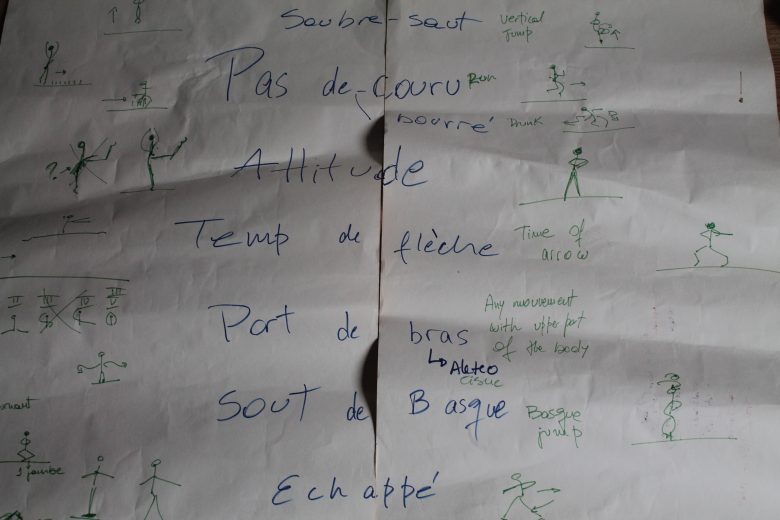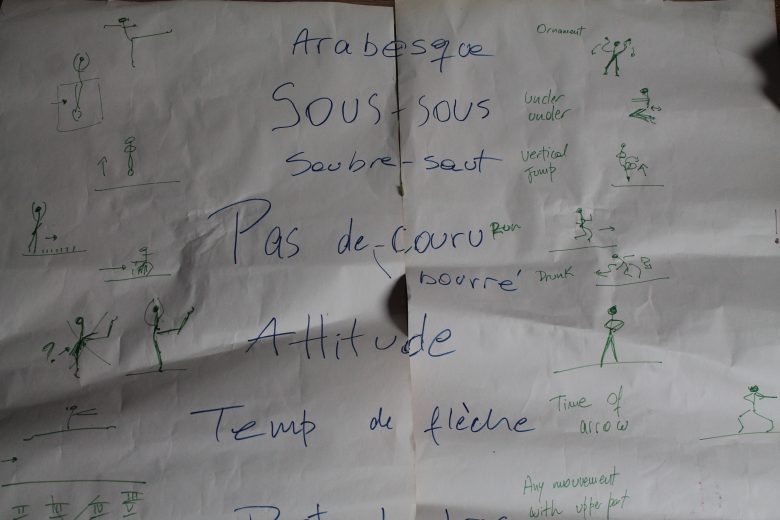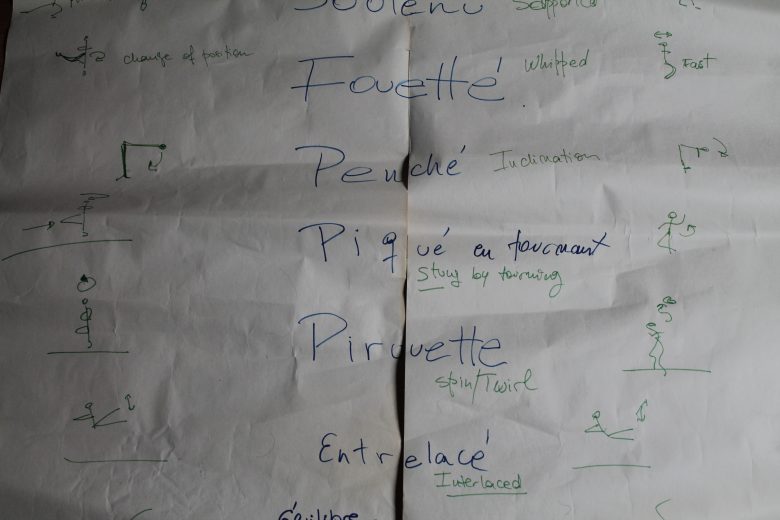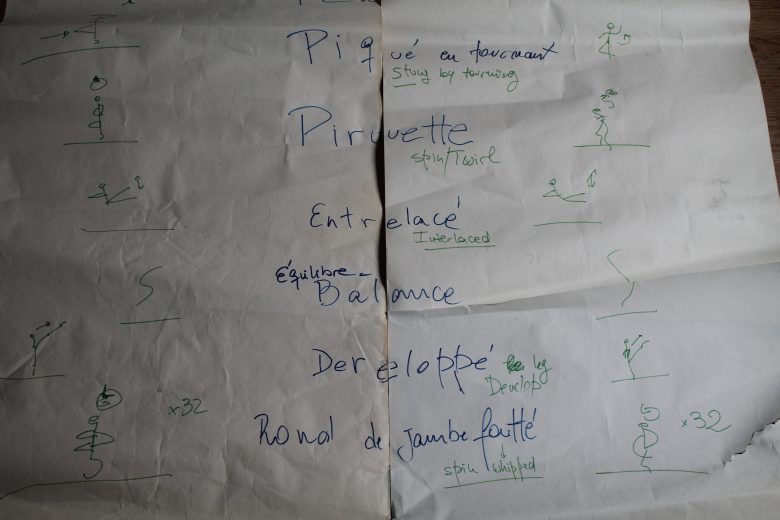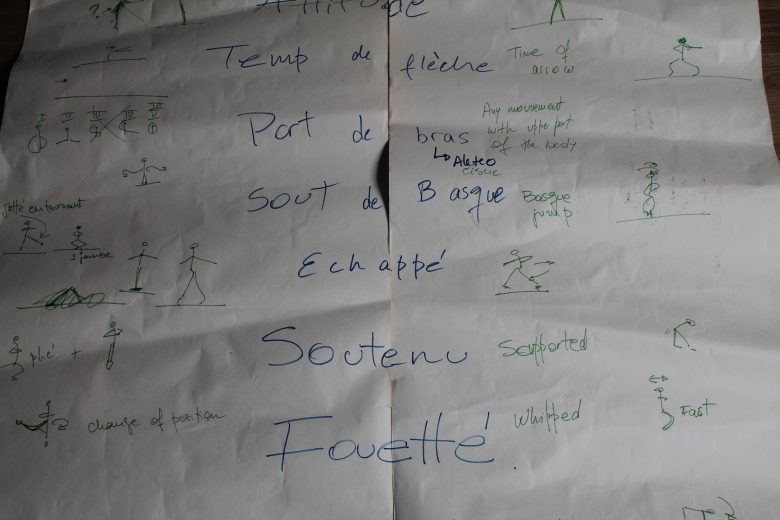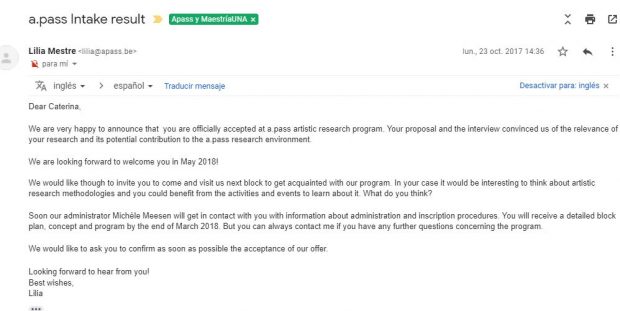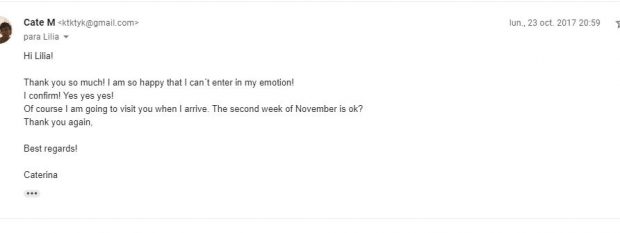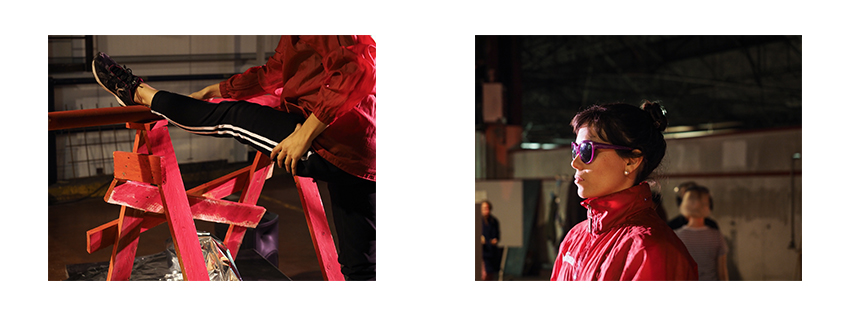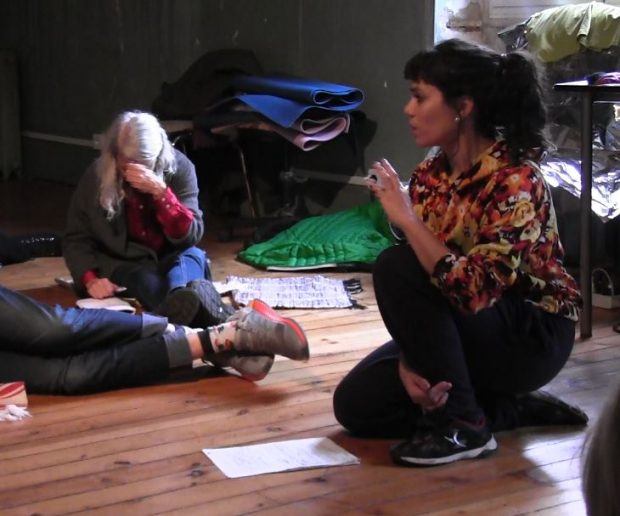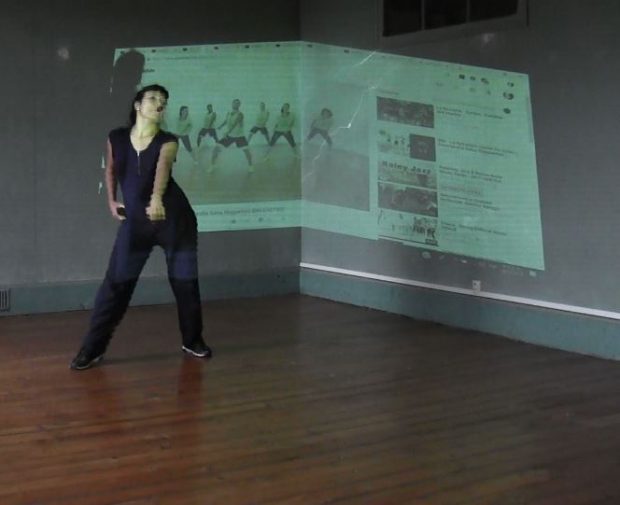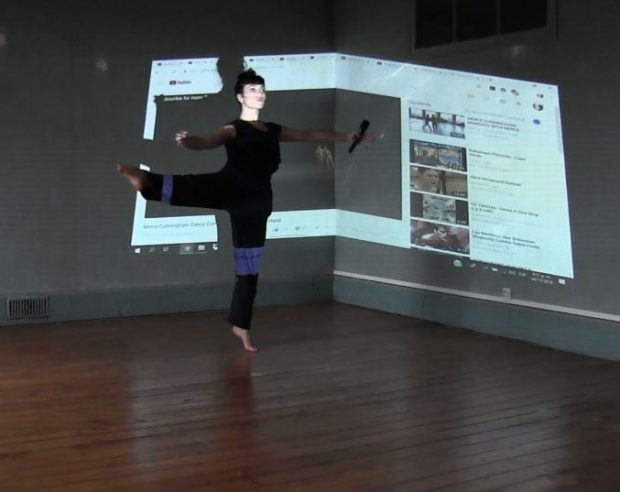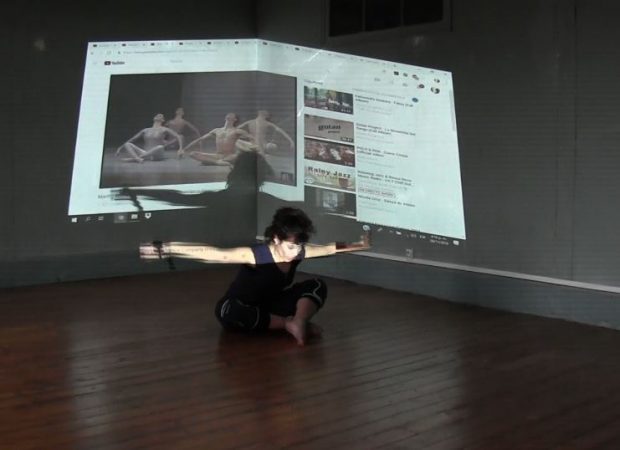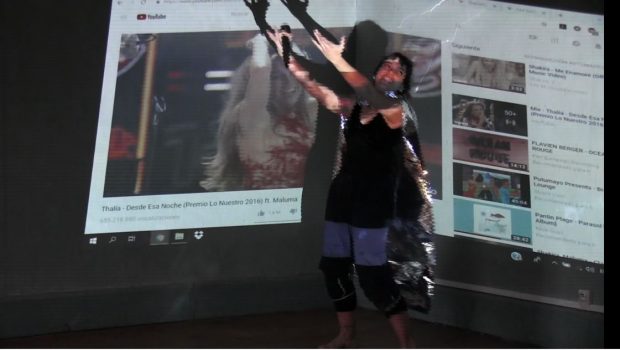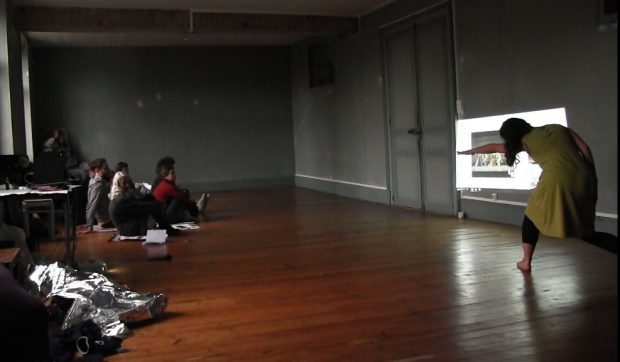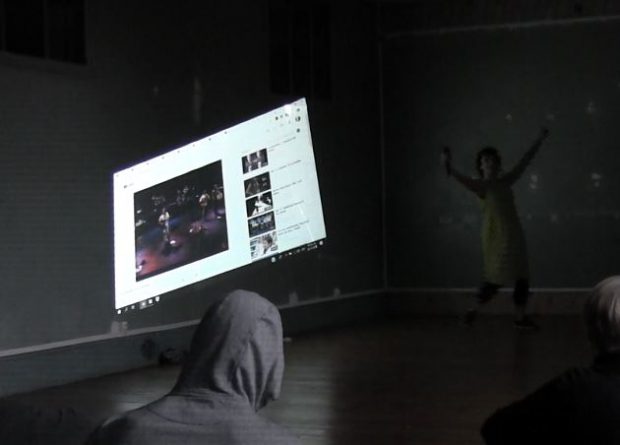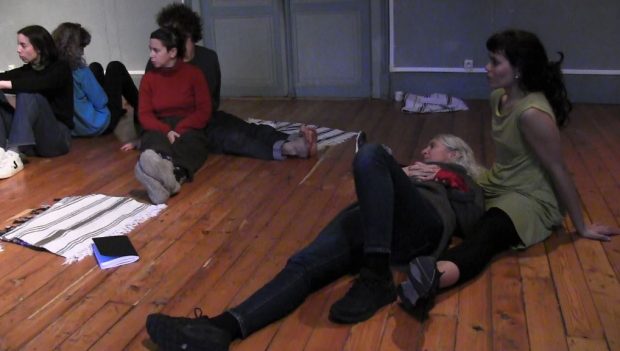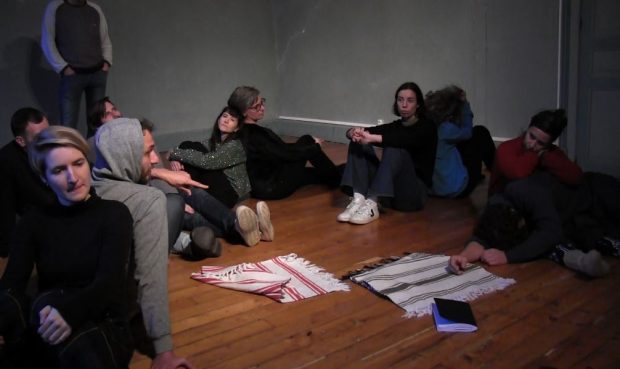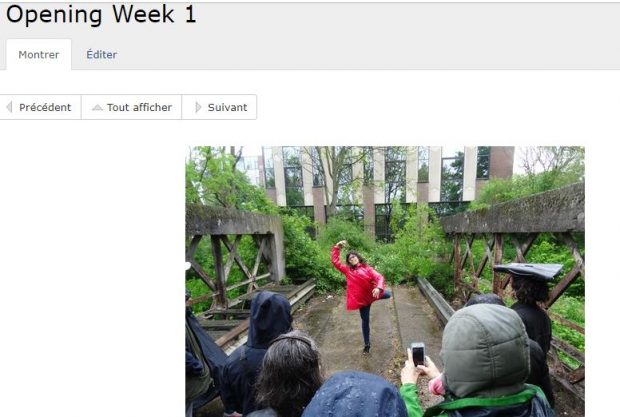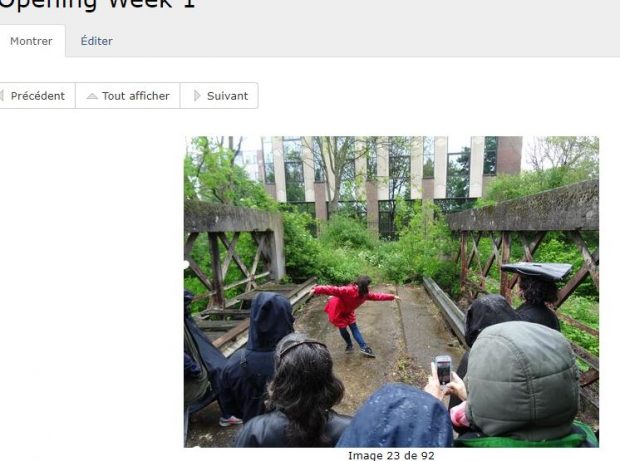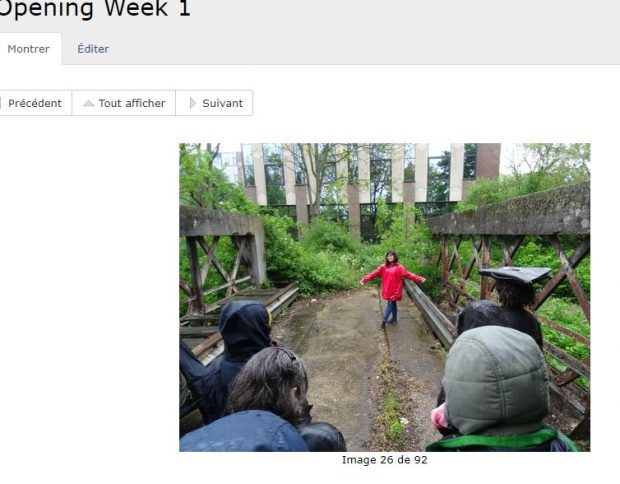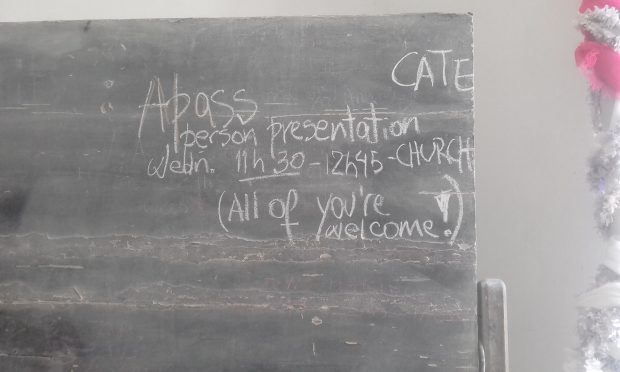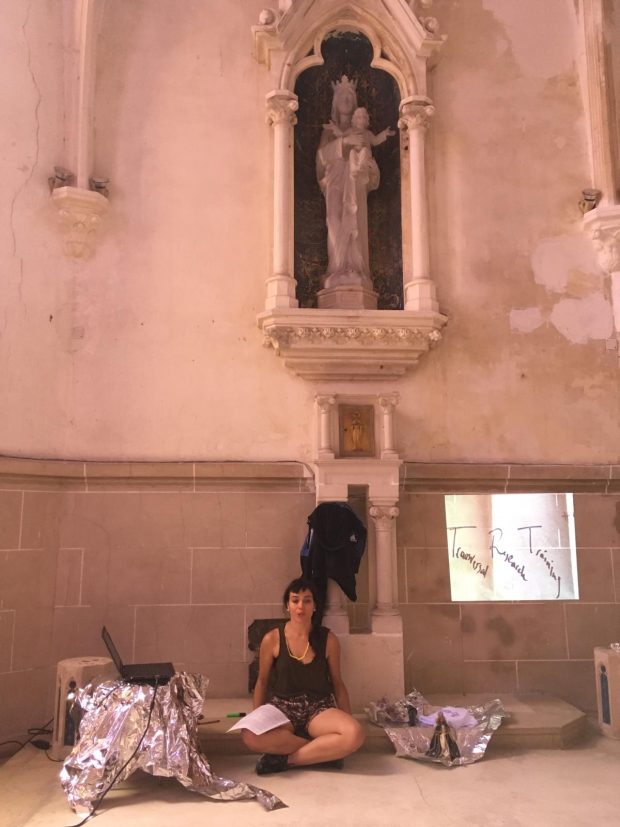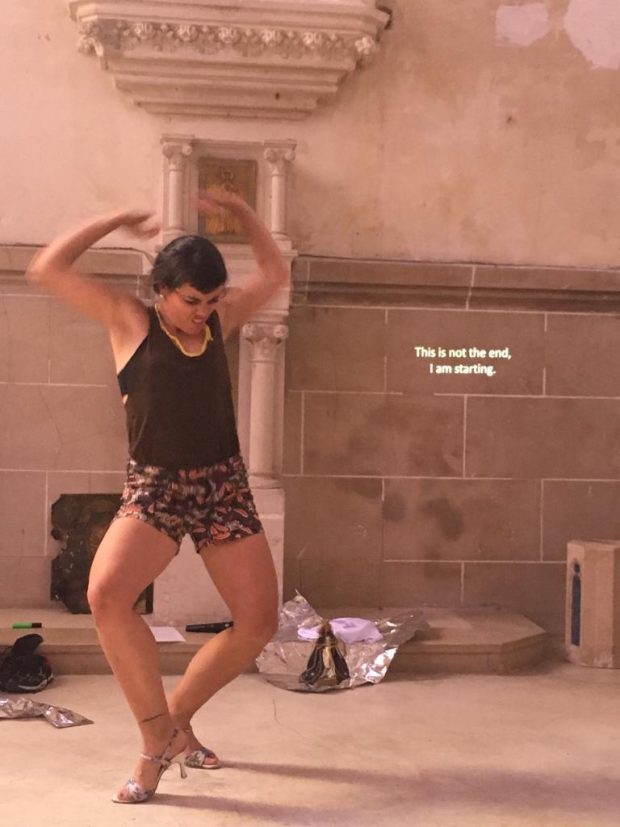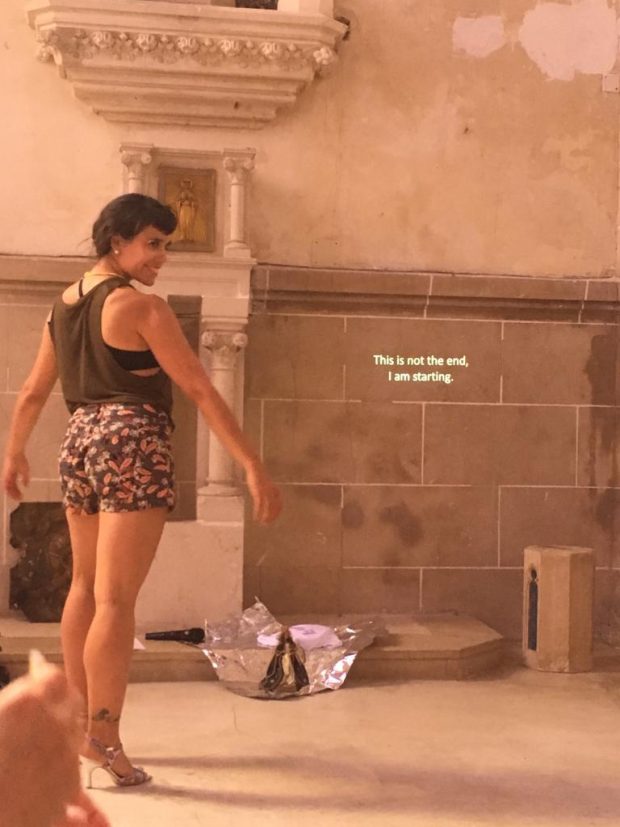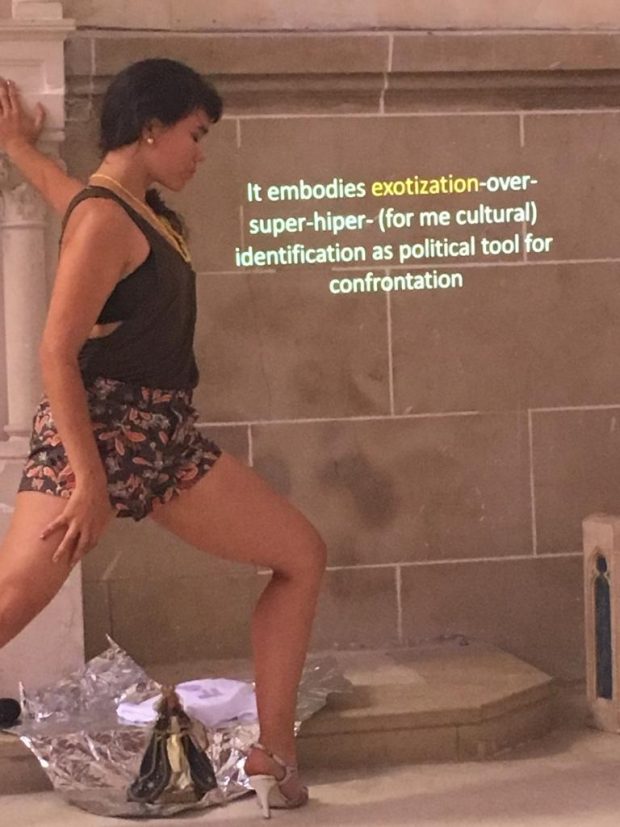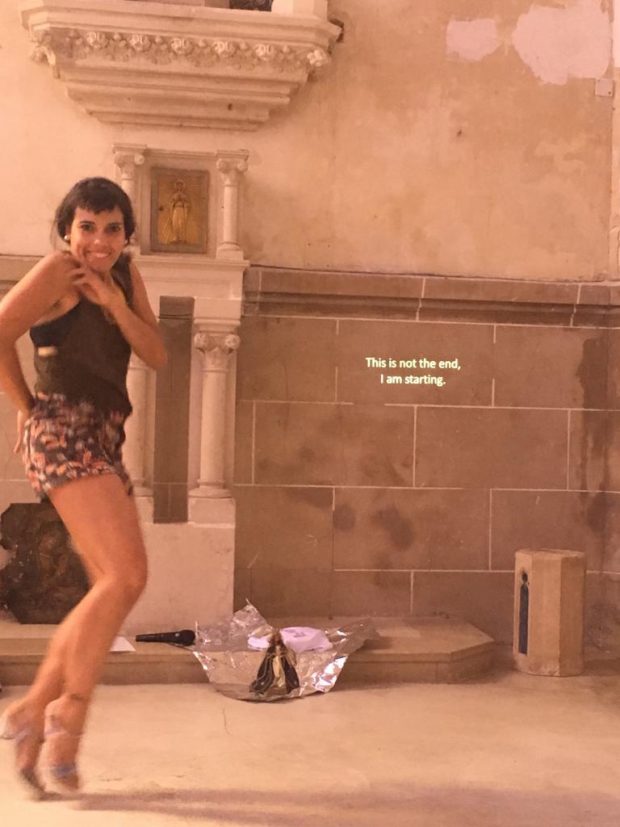old information
Welcome Package
This Welcome Package informs you about all practical details, structure, ways and tools for communication and use of resources at a.pass.
It also contains quite some information about Brussels, about finding accommodation, and about the cultural field.
Materials
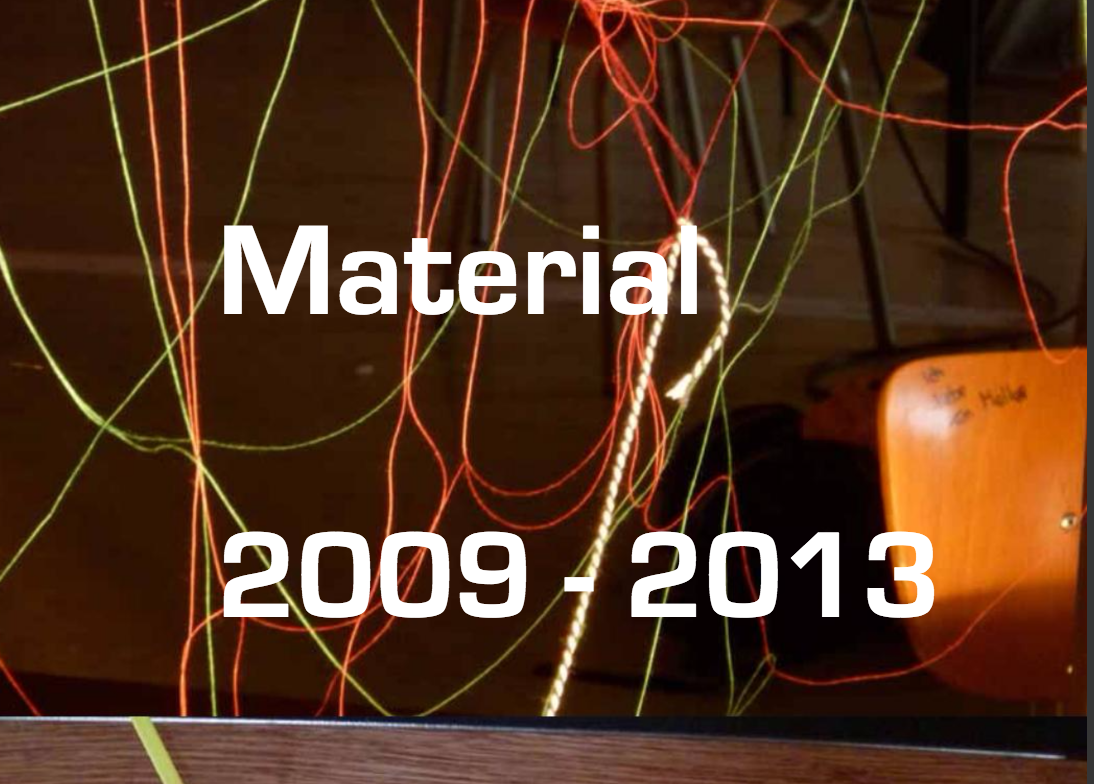
Read more..
http://piratepad.net/7JwaVANvHl
information
Agenda
performance, project, workshop
6 April-4 May 2025
Location Birminghamstraat 30, 1080 Molenbeek
Topote de Acahual
Cultivating a Fandango
old information
what does a.pass do?
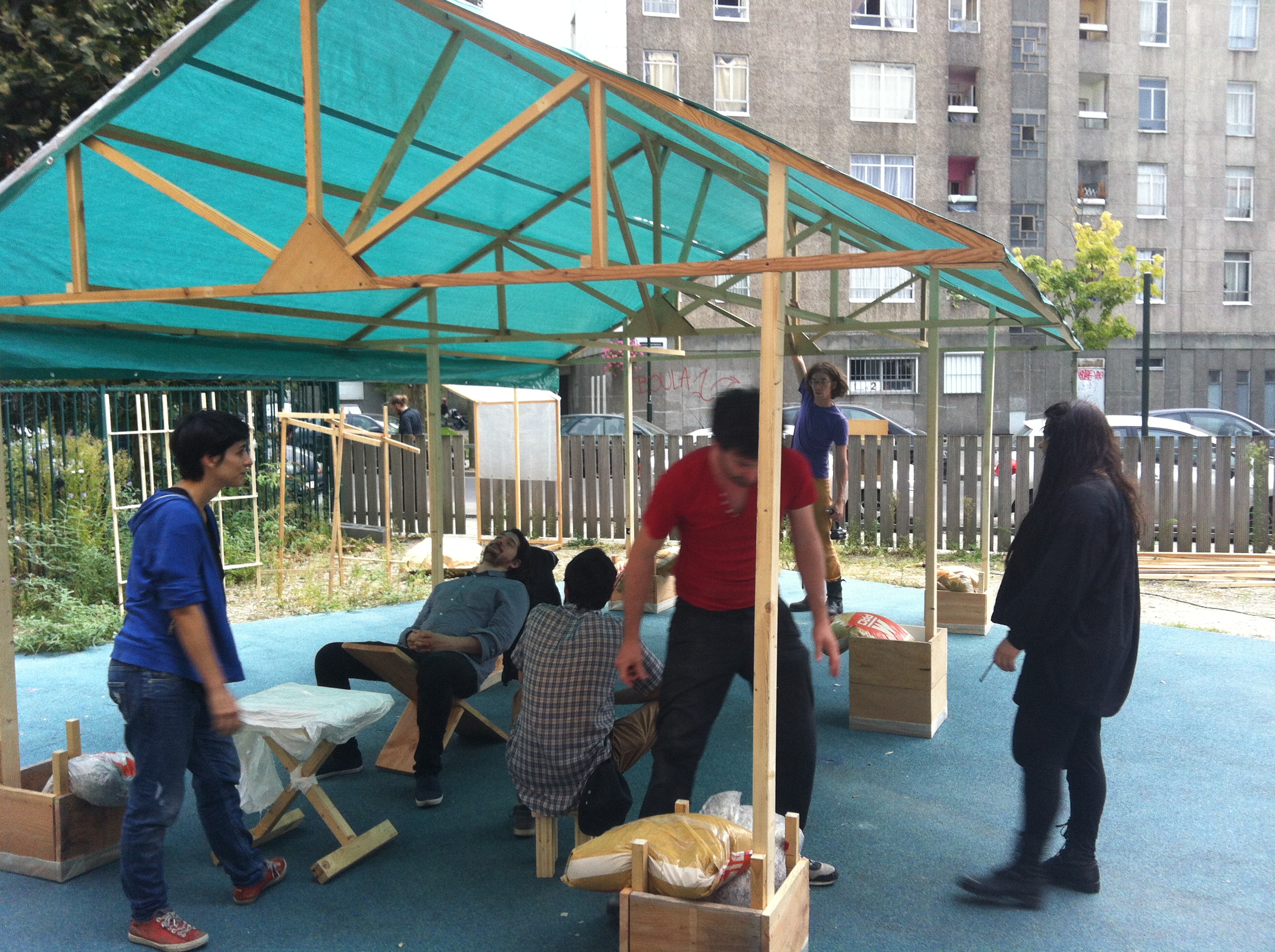
Read more..
old information
Artistic research at a.pass
Embracing the fact that artistic research is an emerging category of production in the cultural field, a.pass does not claim it as it’s goal or premise to be able delineate the borders of this particular methodology. a.pass affirms this apparent lack of definition as a chance. Operating without a predefined notion of what „artistic research“ is, it creates and brings together a pluralistic overview of the existing notions of this practice.
An affirmative survey towards the question „what is artist research?“ has therefore become one of a.pass’ defining methodologies: a.pass strives to host a multitude of practices in the arts which self-define themselves as research. Their definitions of what a research praxis in the arts is are at times complementing and at times contradicting each other. This dis/agreement creates a polivocal platform of definitions and is a statement towards a different conception of institutions: away from essentialist claims and towards a more politicised platform of engagement with a certain discipline.
Some of the methods of this survey methodology are:
-a.pass frequently invites research practitioners in the arts to work with the participants of the institute.
-a.pass invests in creating occasions for public discussions of what artistic research is and in presenting the researches work to the general public.
-a.pass is producing a library of research methodologies by publishing the individual research cases.
-a.pass is presenting itself as a platform for the exchange, implementations and experimentation of research methodologies.
Beyond its defined curriculum and methods a.pass has in general become an informal meeting point of professionals in the arts on many levels of professionalization Many contacts and collaborations that have been initiated at a.pass continue well beyond the one-year timeframe. It is a productive hub for the Brussels art scene.
a.pass is a platform which educates and sets an agenda of learning for its participants. It is building its curriculum by inviting advanced practitioners in the arts to actively engage the participants into their research within a framework of a workshop. This work is not framed as a teaching as such, but as a process of collective
exploration. Experimental formats of collective and collaborative research are frequently proposed and developed in such a framework. The traditional professor- student relationship is put into question here and has to be re-negotiated as a dialogue while a diverse group of practices is admitted as „teaching“.
a.pass develops teaching practices which engage with the question of how the process of knowledge production and transfer can be framed outside the persistent hierarchies within the processes of learning and education.
information
Documentation Handpad
2004-2010
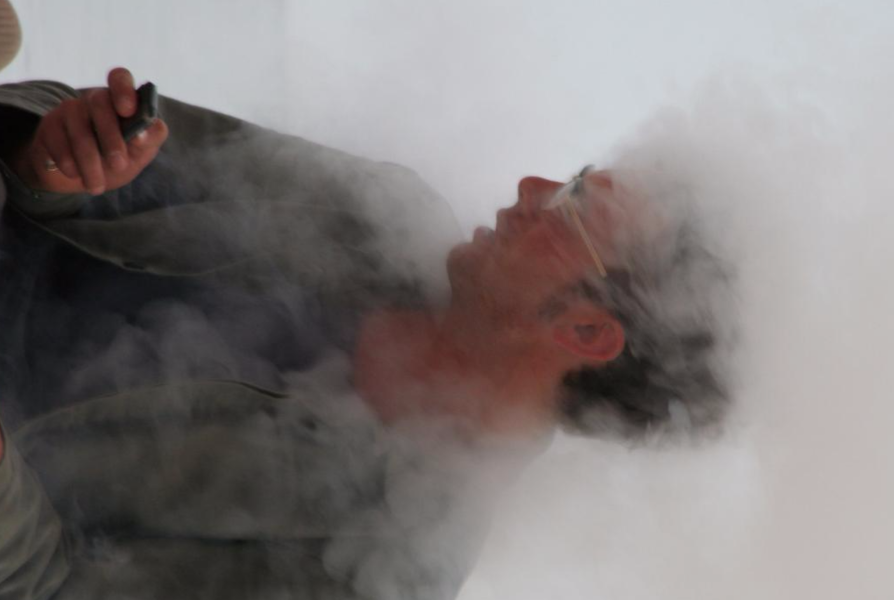
Read more..
information
CONTACT LIST
Find here the contact list of all participants, mentors and team members of the current and past blocks.
Please keep it updated with the personal information you want to share.
information
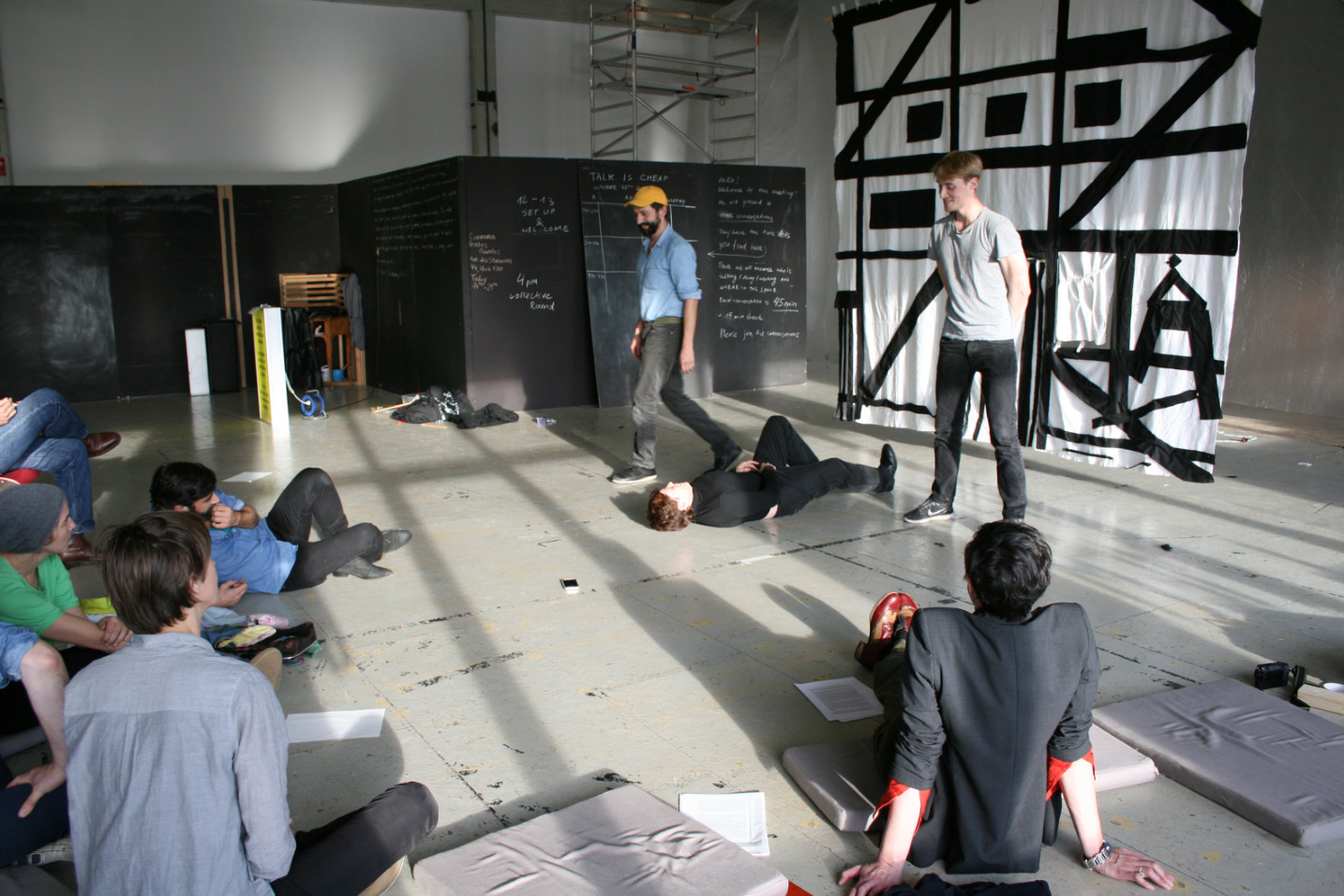
end presentation, project
Substracted Seduction
On Friday 1 and Saturday 2 February 2019, from 18:00 to 22:00 Adrijana Gvozdenović, Pia Louwerens and Eleanor Ivory Weber present their artistic researches at the former swingers club, La Porte des Senses, today an art space called Hectolitre, to mark the end of their participation in the a.pass program.
With Subtracted Seduction, their individual researches are framed through shared concepts such as anxiety, non-consensual collaboration, authorship and institutional critique. In each of the three approaches, narratives created through these symptoms of the contemporary artist are investigated. The romantic artist is negated and the multi-faceted artist materialises as both instigator and instigated, made up of multiple voices. The three researchers engage with the complexity of being both unnameable and contained in the knowledge-network immanent to the institution. There appears Subtracted Seduction.
Read more..old information
a.pass calendars
information
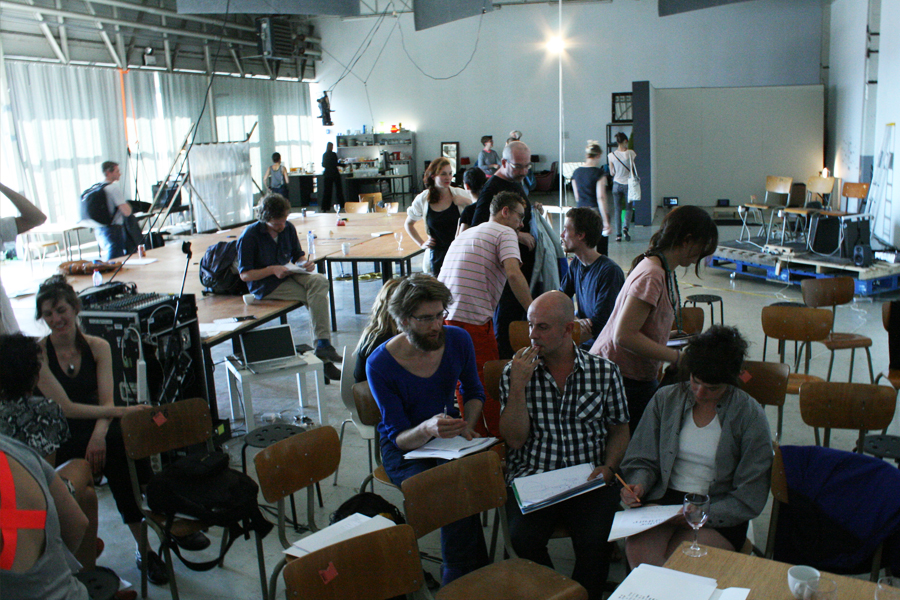
information
Goals of the a.pass PhD program
- a.pass wants to offer a critical and collective practice-based environment for the development of the understanding of the Phd in the Arts.
- a.pass wants to develop tools for the evaluation and assessment of the knowledge that is not developed on the basis of academic or scientific criteria, but that takes seriously the qualities and values of knowledge as developed throughout artistic methodologies, attitudes and frameworks of research.
- Since often the end result in this case is not necessarily the most eloquent part of the research, a.pass wants to stimulate the exchange of methodologies, practices and work sessions in-between researchers and with a larger group of interested ‘outsiders’ as a fundamental part of the PhD communication and assessment process.
- a.pass wants to support radical and experimental PhD-trajectories that critically challenge the status quo of the knowledge production within other environments, and value the transindividual richness of a shared knowledge processing environment.
- a.pass wants to develop PhD trajectories that are self-critical and relating the research to larger economic, political, academic, social, or other realities. a.pass wants to stimulate researchers to step out of their self-referential framework of discourse, professional ambitions and specialization and take on a more challenging position towards the construction of the PhD as a tool in a greater societal reality.
- a.pass wants to support researchers in their ambition to become engaged mentors in the development of tools for sharing of knowledge, and the facilitation of critical research for others, out of a spirit of generosity, interest, experimentality, criticality and artistic sensitivity.
information
Researching in Association
information
HOW TO BECOME ASSOCIATED AS A RESEARCHER
testing for Leave Page Bug
fixed!
old information
smiling translation
Caterina Mora
the first essay of translation from ballet to reggaeton
(Sorry, it is in Youtube platform because the 3 minutes video in too heavy for WORDPRESS)
Camara: Diego Echegoyen
Here some draws about my translation. I started to doing it step by step.
information
STREAMING
information
Steven Port
asdasdasdasdjdsvjsv
vsdv
dsv
d
vdsv
dsv
dsvds
v
TRT
Caterina Mora

When something emerged it feels like power.
What it is?
Ortgasmic research (seductive)
circular time I think (personal context)
Caterina Mora
When does a.pass start? When does a.pass end? “el futuro es atrás” “the future is back” (Silvia Rivera Cusicanki)
23 de octubre de 2017
Tomando mate en casa con un amigo. Recibí el mail de Lilia. Y lloré con mi amigo de alegría. (I was drinking “mate” with a friend. I received Lilia´s mail).
In fact, yo ya sabía que venía también por amor (at that moment I was planning to live in Brussels).
The 30th October 2017 I took my flight from Buenos Aires to Brussels.
rest
Caterina Mora
In ORDER TO rest –> What do you need to do?
How?
If you can, if you feel like, if you need
I invite you, to rest
(in order to resist, I rest)
(Descansar para desacatar)
but it was fantastic to do it
Caterina Mora
How many times have you applied to things? How many times have we not been accepted?
What does the training of “making applications” do?
And what does the training of receive “no” as response do?
I was invited to do the interview in front of a jury. It was a great exercise of confrontation.
And finally I didn´t get in.
Again, for me is important to thanks the people who were involved in that process.
Especially because I fell into an institution that I didn´t know.
I was glad to apply and prefer to keep the joy of the exercise.
Thanks to my tutors Timmy and Esther and especially to my translator/proof reading from Argentina, Mariana.
Thanks to the person from the University who translated a from English to Flemish.
Here you can find the resume of my application
The tittle is missing yes I know This project proposes to create intercultural bridges between high and low culture by examining internalization of normative constructions in the field of dance. Firstly, it focuses on reggaeton, a popular genre originated in the Caribbean in the 1990s, characterized by the perreo movement (doggy dancing) inherited from the Afro-descendant slave population. Secondly, it takes the art form ballet emerged in the French Royalty in the 15th century as the first scholar dance program with a codified technique to control and normalize the body. Considering translation as the rendering/transposing from one language to another, this work engages with its historical perception as a product of degraded task of authorship and non-original result that has allowed women to access Literature. The question arises: How can the uncontrollable shaking of reggaeton be a device for highlighting normative constructions in Western dance? Can such movement be an empowerment practice? This project aims to develop a training based on shaking and to perform and register translation from ballet to reggaeton. To reveal the internalization of normative structures in the discipline of dance, it problematizes the notion of translatability and the ideal of perfection. Through the figure of “translatress” and decolonial approach, the methodology deals with the failure to get perfect translations and the emergence of the marginal or bastard issue as destabilizing devices of normative and hegemonic constructions. |
The most important thing of this application was that it forced me to create a device of sharing my practise.
The sharing device?
What can I offer?
Inspired from a meeting with Timmy, it emerged “Transversal Training”
“Transversal training” as strategies to claim joy
At this moment, I defined as a body practise. In my application I defined like this:
| Transversal training” (…) invites to experience group training emphasizing uncontrollable movements. Figuring out multiple ways to keep the shaking and putting special attention to transverse abdominals, the physical work seeks the origin of the movement in the force of the push against contact surface. Then, it develops a fast and prolonged dynamics of tensioning and relaxing that pushing action, paying special attention, above all, to the rest of the body structure. The training is shaped by transference of different levels of tension, relationships between sensorial and physical transformations and transit in collective experience. Aiming micro-politics and temporary emancipations, the courses are the results of encounters where transverse abdominals are protagonists. |
– At this moment, I didn´´t know how important/valuable was this exercise
of imagine
how to share the research-
18 minutes of a…
Caterina Mora
In the frame of Performatik19, a.pass presented Unsettled Study
I presented
18 minutes of a Poor Cheap Bastard Lecture Performance
For this project a.pass provides bright paper, a platform, a microphone like Madonna, cables, speaker, lights and they/we transport the handmade ballet barre. I provide 18 minutes of my embodied research, a plastic crown of 10 cents of euros and music from my cellphone that I bought for 67 euros. This is an attempt to bring high and low culture closer but maybe is too pretentious. I am trying to dance critically: from l’exagération de a sociological situation to the pleasure of mostrar los dientes. All of you are welcome.
Photos: Alexandre Ismail
This is the Facebook that I created (the last one that I want to do in my life)
https://www.facebook.com/296089647751324/photos/a.307069626653326/307069719986650/?type=3&theater
cosas sobre la traición (trahision) de la translation
Caterina Mora
For my End presentation at PAF I was busy with:
– how to present/show/explain the translation –> WHAT is that doing?
– how to agradecer / dire “merci” and explicit my feeling of RIQUEZA (wealth, riches, richness) at apass
– how to empower all my grammar mistake in English
– how to “critic” the device of Artistic Research
– how to deal with a lot of techniques and popular dance
– how to empower the bastard, the cheap, the non-complet, the non-perfect.
Here some pictures of my presentation
Maybe if you feel like, you can identify which kind of dances are here.
- el primer momento de explicación
- from R
- to C
- from G
- to R
- from CD
- to AF
- feed-back (supporting)
- supporting feed-back
information
End Qualifications and Competences of the PhD researchers
Also on this level, we assume the same kinds of qualifications and competences in the PhD researchers as in the post-master researchers, but with some added qualities.
The PhD program aims to support researchers to become emancipated independent researchers in the fields of performance and scenography, or beyond. We support our researchers to think and work ‘out of the box’, or forget about the box altogether, and to become innovative practitioners and thinkers, that develop their work out of a (self-)critical ability to assess and relate their urgencies to a wider environment (the artistic and educational sector, society, the world). We encourage our researchers to think beyond the current value definitions of knowledge and to reappraise their own practices as precious contributions to society. We help our researchers to connect to the world, by supporting them to network, collaborate with external partners, and communicate their work to an outside audience of artists, public and professionals.
We expect our PhD researchers to have developed a thorough knowledge of the theoretical as well as artistic practice fields they address in their research, and to be capable of sharing the knowledge that has been developed throughout the research within the public realm throughout lectures, conferences, publications, performances or other experimental set-ups.
a.pass also expects its PhD researchers to have developed the social skills, broad societal interests, and pedagogical capacities to pass on the experimental spirit of research to upcoming researchers and interested groups, and to offer the research a public context in which to nourish itself and the world around it. As such, we count it among the end qualifications of the PhD students, that they will be capable to use their research competences later on in their professional life as a lever for change and reappraisal of the status quo of shared knowledge in any given circumstances.
filter –> TRT
(Transversal Research Training) Caterina Mora
The 13th May 2019 emerged TRT –> how did I arrive to it?
(in the dynamics of going through)
Read more..filter –> body practise
Caterina Mora
Filtration is the process of separating, grouping, identifying things from things
Read more..Block by block [chronological process]
Caterina Mora
Chronological process –> How evident and evidence things transforms the project and the researcher
Read more..the oficial 3rd block
"les belles infidèles"
Block curated by Nicolas Galleazzi called here the link
Openning week
I didn´t prepare this presentation, I was exhauted. The day of my presentation I did the interview for the Pdh. The jury made me a very good question: “which Translation theory are you busy with?”
I started to look into that.
In parallel, I was convinced about continue working on transtalion, but I asked myself: what I am producing with translation? Another “system”? What is doing the repetition of ballet history telling? And the genealogy of reggaeton?
- en la lluvia
- extrañando estar en un
- lugar bajo techo
The 13th I had a mentoring session with one of the person who changed my life/practise. The same person which whom I realised that translation were more important for me than just something temporary. She transforms me.
The 13 th May 2019 emerged TRT Transversal Research Training
Half Way Days
A first essay focus on methodology.
Transoceanic reading –> the aim of this practise question how do we access to reality, how do we inform each other.
Is looking for transunderstanding of transrelationships.

The exercise –> (by two) : read at news from your context // share it // try to find relationship (or imagine it)
Another residence
Unlearning Center // Friburg
Three experiences:
-1- Practising change of roles (I use to be a “follower”) and here I am guiding Nicolas.
-2- Training TRT
Two dance courses focus on these pairs: touch and be touched // look at and being looked // resist and rest
-3- The adoptee –> How can the one being seen influence how to be seen?
—————–
In parallel, I was living in a.pass, practising, repeating, enjoying apass time,
End presentation – PAF (in the church)
Sharing/exposing/defending/confronting TRT
- Invitation
- –
- –
- –
- –
- –
Here you can find excerpt of the script
Diego, querés cebar mate?)
- Comme dans toute relation sexuelle
- apass changed me. apass modifies me, apass transform me (I am reapiting this from my second block).
- TRANSVERSAL RESEARCH TRAINING is a device that serves to conceive my artistic practice. It is an umbrella with transversal tools.
- Transversal à is busy with issues that go through or cross different practices.
- The transversal things are linked to problematize power structures, conditions of production (entertainment, shift north-south), questioning authorship, problematizing the way of relate to reality. Those concepts intersect in the training.
- Training à is looking at endurance process engaging art/life. As any training, is linked to a way of face knowledge in process education. As any training, is looking for preparing and contextualizing practice focus on elasticity, concentration, balance and coordination of different task.
- Research à this word is so full of meaning. It seems like the word “research” gives to the frame of “Artistic Research” another status. More powerful, more legitimated, as the word “art” wasn´t enough or wasn’t already legitimated. So, that´s why TRT is also busy with the critic of the device called Artistic Research. I am here in front of a paradox: I am engaging with TRT as a device to do Artistic Research that is also criticizing the device of Artistic Research. Esto acarrea un gran peligro, this brings me to another problem, that I will address later.
- Inspired by migration for privileges, TRT is a fiction in which I believe. And that is why we are in a church, because religions are fictions in which we believe. Somehow, TRT is my religion and it preaches confrontation between high and low culture thought translation.
- This methodology is based on transactivity practise: tTransdocument
- L
- And transtructure in Marxist terms. All of us are aware of difference between superstructure and infrastructure? Ok sorry Marx I don´t want to simplify you. Superstructure and infrastructure – Just in order to simplify this, let´s imagine that infrastructure is the base of a house and superstructure is the roof. I am using now the same schema that we use to study Marxism. Projection: infrastructure and structure (…)
- But how did I arrive to this? So for the ones who don´t know too much what I did, I prepare this resume that summarizes all the key words or the important things and concept which I was busy with. – La gran pregunta es: qué persiste? Trough those key words we can see some persistence –> Presentation of
- ou (-………………………..) white and pretentious, wealthy middle class, coffee adict, MAC consumer, residences dependient, travelling all the time in the same little continent. This is for you, even tough is incomplete, bastard, super cheap. Because I think you need perreo: enterteiment mamita. Si necesitas reggaeton dale, sigue bailando mami no pares, acercate a mi pantalón dale, vamos a pegarnos como animales. Muevete a mi ritmo siente el magnetism. Feel the magnetism. You, symptom of artist going to legitimation in academia. I am so busy with you. I am so in love with you. I love you x4. Why? Because you gives us power. And power is so fantastic. Power makes thinks beauty. And beauty leads violence. And all of you, artistic research, you are so incredible amazing.
- Everything is dark now – Everything is dark now – its blank its blank -You can comment This is the think – Responder sexy body Sexy body RESPONDER x 2 – This is from another old good song. YOU. Slippery, elitist, contradictory, indefinable. Why I am so addict to you? / You are afraid to travel because it contaminates. You are creating phd and a lot of position for what? You have the challenge of modify academia and what are you doing for that? Nothing, you are doing nothing. You are reproducing the same patriarchal standard of virility. Orden y progreso. Order insubordination submission. subject object subject object subject object subject object
- ortgasmic research
- Temps de flèche
- Affects of TRT –> (……………………………………….) Feed back is coming / G
————————————————————————————————————————————————————
A FEED-BACK “emu”, conmovido, casi sin palabras.
————————————————————————————————————————————————————-
End communication note:
I choose to re-used the performance that I did at Kanal. That ´s why the presentation is called:
“Pa-küru: 47 minutes of a bastard cheap lecture performance”.
—————————–
Read more..Skip block
aprovechando que no DEBO ir
Block curated by Vladimir Miller. Settlement 14
In apass we can “skyp a block”. That´s mean that we can dispose more time for our research. I choose that.
In this block I will not talk about my presentations, because in fact I only made the first one. The second and third I did not present, because I was a skipping person.
However, three important things happened in this block:
——-> presentation at Kanal (click HERE) Centre Pompidou in the frame of Performatik 2019
——–> a submission for a Phd that I didn´t get in. But it was fantastic to do it (CLICK here)
————-> resting FROM a.pass (here CHICK please)
———–> resting/training/enjoying IN a.pass, as you can in the video
2nd block …
emboding translation

2nd Block, curated by Adva Zakai called MILIEUS, A.PASS MEETS SOL / SCHOOL OF LOVE here the link
Openning week
The presentation focused on what I did in the 1st Block, my problems and how to open up the discussion around stereotype.
I asked myself: who I am and what is my position in this research? What is the relation between researcher and research? (because Yaguareté didn´t convinced me).
Methodological traps: am I becoming the thing that I am criticizing? // how to resist? // How to deal with the distance of context?
Where I want to go?
What can I add to the critical discussion?
And how to bring Latin-american authors?
Is this Artistic Research? // Do I have a (THE) question of my research?
————
Travel to Venice and what I want to remember from the Swamp School: I always expect to much of neoliberal events. The “gondoleros” have been using the same t-shirt (striped, a rayas, style “breton” T-shirt) since when? There are Madonnas everywhere in Italy. I saw a italian misa.
I visited for first time the Biennal of Architecture. It was horrible. I saw in the Biennal an event about students in the Turkish Pavillion. I saw the presentation of a girl. She was the only women with velo talking between men. Her presentation it was about a refugee campus. She presented how refugees people build their houses in this campus: in vertical sense. Because there is no space to the side, there is a delimited territory. That´s why they built to up in generations.

Also I saw belgium humour in it pavillion. It was important.
And “the common”? This travel was about that. I didn´t see too much “the common”. Who relates to apass? Why are we here? What is doing “School of love” here?
I had a great time, I went to the beach and drank several aperol spritz.
If the common is the one of Swamp School, I don´t want to be part of it.
Half way days

The first time that I presented my obsession with translation HERE
Why?
How did I arrive to do translation?
Because in my daily life I needed all the time Google Translator.
In order to bring this need for communication, I started to translate.
Since then I have tried several forms of translation.
– I became obsessed –
La necesidad y dependencia de usar un interlocutor para mi comunicación determinó mi práctica artística.
I started to trying it from BALLET to REGGAETON
How?
The firt thing that I did it was I look at ballet vocabulary, and how one WORD has a meanniing IN – FOR a gesture or movement.
End presentation – PAF
I tried the same structure of HWD. Here are excert of the script:
Zero moment – Soft hanging out → ejercicio del eje/ warming up. 15 min
Voice recorded with Google Translator: Hello everybody. hello, this is a Zero moment – Soft hanging out x 3 – Please rest. lie down. Use the blankets in space. Could you like to warming up with me? Please inhale and exhale let the blood fall. You can follow me. Rebounds a bit, jump, move a bit the space. Shake out the wrists, each leg. Flexion in your knees and please not change of position. changing fingers. Give a punch with weight change and translate in the space. you can exhale and release your voice with a sound. You can be violent.
Un première momento de explanation/transmission of what I am doing
This is a translation of what I am doing at apass in this moment. And what is apass for me.
First. When I got to apass I got excited because I saw in the university with two Macs. There are microphones that work, projectors, cameras. There is one person who helps us with the technique, another with residence papers, another who explains many times about the reimbursements. There is, above all, a general coordinator that contains the situation and who checks the ball. There is also a person who, through his artistic practice, heals the block, and this person will be criticized.
Instead, I come from a university where projectors do not run, that does not consider cables, that does not provide space for rehearsal, that does not provide printers with endless paper.
I feel rich in this context. I realized that it’s a choice to work with concepts like trash bastards, simultaneity residue.
Here we spend a lot of paper, it is printed in simple, a lot. We have an open library.
Apass, is for me, even with ugly smell and smell of rat, a paradise that support our work.
We even have a key and alarm to enter when we want,
We have Mohamed who is the celebrant and sings when he cleans. With Mohamed I practice my French. We can buy books, we can pay mentors, we can travel with money from the university for what our project needs. People in apass, rotten food left in the refrigerator or in the closet.
All this for what? To criticize you, me. BUT: what is critically? And who am I to criticize?
So that we focus on Artistic Research, which is a kind of legitimizing process that we are running after. These are our beautiful production conditions. Fuck Artistic Research. YOU. European, white and pretentious. Synthon of artist going to legitimation in academia. YOU. Slippery, elitist, contradictory, indefinable. We love you. Why? Because it gives us power. Why I came here to legitimate my practise?
Sometimes, really, I don’t know and I am thinking in become electrician.
This place, Performing Arts Forum es muy emocionante. Xavier Le Roy went through here and it makes me very nervous to know that I am writing a thesis around the author’s figure and that here he created part of the Product of Other Circumstances, nine years ago.
About this work. This about translations. In effect, this text originally written in Spanish and translated by Google translator into English.
I’ve become better using the translator, because you have to be specific and most of the time google is not that smart. Above all, you have to write short sentences.
This deuxième moment of exposition / transpose of what I am doing tries to explain that I arrived to translation because it became a necessity of my daily life and artistic production. I must admit it was a little difficult to be engage with the translations. I feel scared for sharing this material with you, because are not complete, not virtuous, and quite arbitrary. As I already said, this translations are defined as cheap, bastard, slut or trash translations.
And this way of production is recurrent in all my work. And when you realise your logic production, what is supporting your practise, why are you taking your aesthetic, ethic and political decision, your influences, your history, your interest, you become powerful.
And now I understand why I’m here and I want that legitimation.
Lilia told me at our first coordination session that people leave fortalecida. strengthened
With the help of my mentors, I develop this format that above all, brings me closer to my background. In fact, the study of dance techniques, the reflection on performativity, the considerations around the relation movement and word and the pedagogical questioning about what the experience of a work of art implies, constitute a fundamental part of me. work before apass.
I’m trying to not have the performance pressure, as Vladimir recommended, and to work with the fact that translations are not perfect, in Femke’s words. With their help, and also Adva, Lilia and Kristien from he first block.
Thanks all this people and of course you that are supporting my practise. And supporting me, you are changing me.
Finally and as you already know, derniene moment, or troisieme partie, of mediation, transformation that is feed-back integrated into practice. I’ll introduce it better later.
At this moment I did the translations
From Reggaeton to Cunningham Technique.
From Graham Technique to Reaggaeton.
And from Contemporary dance (Arenal) to Argentine folklore (Escondido and gato).
3 – Este es el troisième momento experiencing/mediation/transformation of what I am doing.
I invite you to take the same position of support, do 1 or to rotations and then change of partner. For HWD we did this but related to the untranslatable. For this occasion, I invite you to talk about what are the conditions of production that you can recognize are supporting you, that affects your work. in order to produce motivation or limitations or more. Or even, if you can recognize how and why are you busy with the things you’re busy with.
Please take the position. DO IT.
Before to talk [ALWAYS] change of role. Last thing, also you can change of partner, of way of support each other, or even change of level, but not go to the floor. Yes?
Again if you need paper or write, there is here.
I start but then I will try to keep silence. I am busy with privileges, pleasure and violence. So, as you see, privileges related to conditions of production, interiorization of violence through the techniques of dance. and pleasure as a source or force with potential disruptive.
Here you can see some photos
In December 2018 I visited Argentina . I went to Buenos Aires, Fiske Menuco, Villarrica, and Santiago de Chile.
——————-
Important reading: Shery Simon (Gender in translation) / the matherials writen by me in Spanish about dance and text / phD Tesis by Eugenia Cadus about Dance History in Argentina / Bleshi Lleri / Poliamory / Decolonial approach (Mignolo).
information
a.past
old information
COLLABORATION
Participants develop the project they submitted, not only by working on their own projects but also by actively investing in the group, in the sharing of research results with other participants and at times with a broader audience. Another part of the research culture that a.pass wants to bring about, is the sharing of ‘tools’ in the artistic practice – in all possible forms, including …read more
old information
researcher’s profile
In the selection of PhD candidates a.pass uses largely the same criteria as for the post-master researchers. In the PhD environment however more emphasis is put on the willingness to open up the research, both to fellow researchers and to a wider audience outside of the limits of the a.pass environment. If we deal with researchers with an academic background we strongly encourage them to develop a practice-based artistic research during their participation in a.pass and to profit as much as possible from the opportunities to commonly share and exchange knowledge practices.
We also expect from the PhD researchers a solid grip on both the theoretical and artistic frameworks and discourses they relate to, and a thorough self-critical and sector-critical attitude in developing their research boldly and radically within the framework of their university setting, and in relation to a larger societal reality.
information
Content of the Research Proposal
- A description of your project, including a research plan addressing the central question and a proposed research trajectory and methodology. Please address the potential of your research to contribute to experimental performative or spatial modes of knowledge production.
- Proposal(s) on the modes of communication and sharing of your research within the a.pass environment and to a wider public (which formats would you like to explore to communicate, document and archive your research?)
- A portfolio of your past projects : excerpts from videos, films, photos, texts, reviews, drawings, paintings, etc.
- A curriculum vitae including information on your master’s diploma (or the highest diploma you obtained) and your professional experience.
old information
Selection
The PhD program is organized on a tailor-made basis with each individual researcher. The program is organized within the a.pass research center, that facilitates the research of the research coordinator, the associate researchers, and the independent researchers (see below), but also communicates closely with the post-master program. Concretely this means that a PhD researcher applies to develop (part of) her trajectory within the a.pass environment. This can happen in the pre-PhD phase, or at any time during the PhD trajectory. Since a.pass can only support PhD trajectories, but not grant or evaluate the PhD certificate, the researcher has to find, or be already associated with a university and a university supervisor. When starting a PhD project in a.pass, the researcher and the research coordinator together make up a work contract that stipulates the temporal structure (how long will the researcher be working in a.pass? how many times does she plan to come back?), the foreseen research steps that will be developed within the a.pass environment and the public outcome of the research within that period of time.
Read more..old information
goals of the PhD program
- a.pass wants to offer a critical and collective practice-based environment for the development of the understanding of the Phd in the Arts.
- a.pass wants to develop tools for the evaluation and assessment of the knowledge that is not developed on the basis of academic or scientific criteria, but that takes seriously the qualities and values of knowledge as developed throughout artistic methodologies, attitudes and frameworks of research.
- since often the end result in this case is not necessarily the most eloquent part of the research, a.pass wants to stimulate the exchange of methodologies, practices and work sessions in-between researchers and with a larger group of interested ‘outsiders’ as a fundamental part of the PhD communication and assessment process.
- a.pass wants to support radical and experimental PhD-trajectories that critically challenge the status quo of the knowledge production within other environments, and value the transindividual richness of a shared knowledge processing environment.
- a.pass wants to develop PhD trajectories that are self-critical and relating the research to larger economic, political, academic, social, or other realities. a.pass wants to stimulate researchers to step out of their self-referential framework of discourse, professional ambitions and specialization and take on a more challenging position towards the construction of the PhD as a tool in a greater societal reality.
- a.pass wants to support researchers in their ambition to become engaged mentors in the development of tools for sharing of knowledge, and the facilitation of critical research for others, out of a spirit of generosity, interest, experimentality, criticality and artistic sensitivity.
old information
PhD – organization
The Research Centre which is hosting (pre)PhD level researchers is organized on a tailor-made basis with each individual researcher. The program is organized within the a.pass research center, that facilitates the research of the research curator, the associate researchers, and the independent researchers (see below), but also communicates closely with the post-master program. Concretely this means that a PhD researcher applies to develop (part of) her trajectory within the a.pass environment. This can happen in the pre-PhD phase, or at any time during the PhD trajectory. Since a.pass can only support PhD trajectories, but not grant or evaluate the PhD certificate, the researcher has to find, or be already associated with a university and a university supervisor. When starting a PhD project in a.pass, the researcher and the research curator together make up a work contract that stipulates the temporal structure (how long will the researcher be working in a.pass? how many times does she plan to come back?), the foreseen research steps that will be developed within the a.pass environment and the public outcome of the research within that period of time.
This contract then will be signed by the researcher, the a.pass research coordinator, the supervisor at the university, and the head of the department of the university.
Read more..
old information
PhD environment
The Research Centre aims to support researchers on a pre(PhD) level to become emancipated independent researchers in the fields of performance and scenography, or beyond.
We support our researchers to think and work ‘out of the box’, or forget about the box altogether, and to become innovative practitioners and thinkers, that develop their work out of a (self-)critical ability to assess and relate their urgencies to a wider environment (the artistic and educational sector, society, the world). We encourage our researchers to think beyond the current value definitions of knowledge and to reappraise their own practices as precious contributions to society. We help our researchers to connect to the world, by supporting them to network, collaborate with external partners, and communicate their work to an outside audience of artists, public and professionals.
Read more..old information
organization
The a.pass research centre works on different levels. On a first level the centre brings together long-time researchers in a context of collaboration and sharing. On this level currently we have in the research center three kinds of workers: the PhD researchers, the associate researcher, the research coordinator and the independent researchers.
On a second level, the research centre also documents, archives and opens up research results and methodologies on a larger scale. Through the creation of a larger context for the end communications of the participants, through the publications, conferences, workshops and lectures, experimental collaborations etcetera. A lot of these activities will be mentioned again throughout the development of this report, but a full list of activities of the research centre, and its collaborations can also be consulted in the overview pages in the Appendix.
information
Requirements
information
Selection criteria
- value of the proposal for the researcher’s trajectory
- problematisation of content and methodologies that underline the practice
- development of experimental and critical forms of performance and spatial practice
- contribution to the a.pass collective research environment
- relation to the current international development of artistic research
information
Entering the post-graduate program
information
test a.pass programs
a.pass organizes two programs (the post-master and PhD program) with slightly different goals and end qualifications, which are both sustained, fed and communicated through the efforts of the a.pass research center. In this point we will clarify the organization of the different cells and their aims, and define their specific research goals that are addressed on all these levels.
old information
what do we do?
The a.pass research center works on different levels. On a first level the centre brings together long-time researchers in a context of collaboration and sharing. On this level currently we have in the research center three kinds of workers: the PhD researchers, the associate researcher, the research coordinator and the independent researchers.Read more..
old information
a.pass in context
Position of a.pass in the educational and artistic field
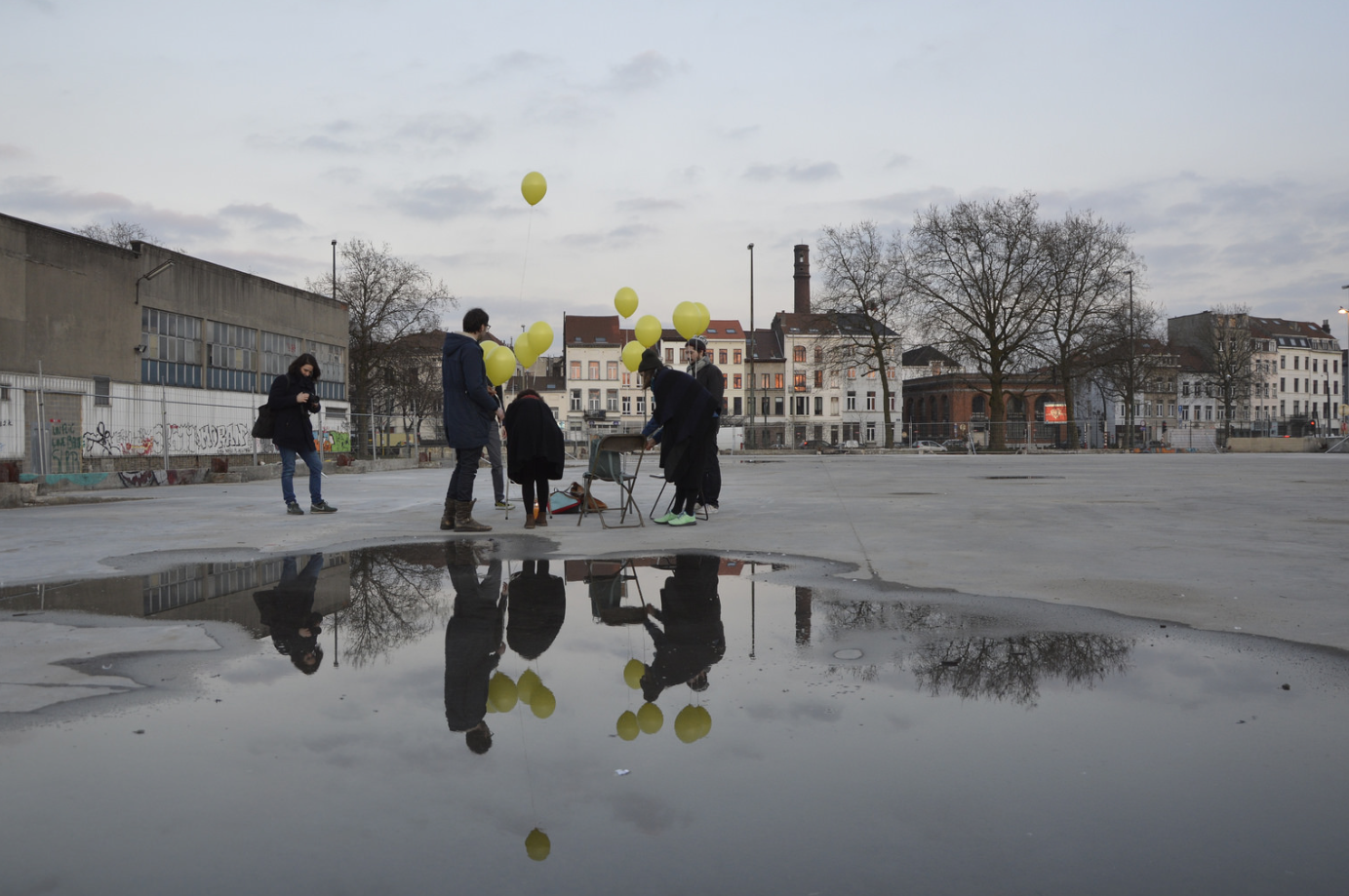
The a.pass program and research centre are positioned within a larger context of the arts and education, and develops its working out of a questioning of the current organization of artistic and educational (institutional) practices. In its trajectory, a.pass has on all levels of its organization critically reflected upon the economy of knowledge as it is being employed today in higher education and the media, the logics of the arts market, the recuperation of institutional critique by the institutions themselves, the capitalist drive for the new, the seductive and the quickly consumable, and the role and responsibility of the artist researcher in all of this.
In a.pass the relevance of the research is measured by the degree in which researchers, out of their different backgrounds and knowledge horizons, manage to formulate innovative perspectives on potential knowledge production, as well as on the development of tools to share and experiment this knowledge on the public scene. It is clear that this kind of research environment also resonates with other institutions for art education on an (inter)national scale. Artistic research in a.pass can be seen as a third way, wedged in between the artistic practice as such and the more academic understanding of knowledge production. Different from the artistic practice the research is not limited to the individual trajectory, the personal questioning and aesthetics of the artist. But at the same time the artistic practice does take on a central role in the development of new perspectives and methodologies, a way of working that relates to, but doesn’t coincide with, and even explicitly questions an academic AND an artistic framework. Artistic research in a.pass is not limited to the development of arts-practice-related knowledge, but also involves the creation and testing of formats, methodologies, communication strategies and shared practices, ‘tools for collaboration and communication’, that broaden up the understanding of artistic research from an art work with paper validation form to a more critical investigation into the statute, the circulation and the valuation of divergent forms of knowledge.
This means that a.pass is an environment that reflects and practices knowledge and artistic strategies with the windows open to an outside reality. In that sense a.pass is not so much a preparation for the ‘professional life’, as it is a putting-into-question of what these professional sectors (both the artistic and educational organizations of institutes, values and work) are symptoms of. Throughout the years, a.pass has used its own institutional status – and the opportunities offered by being an artistic educational program embedded in a larger network of schools, art centres, research places, workspaces, etc… – to seriously reconsider its role, and the role of the artist researchers within the current ethical, political, economic and social context of knowledge production and sharing.
On the level of ethics this means that we consider both the institute as the institute’s participants to be part of a larger network of relations, that give them their value and meaning. In a.pass the relation between the ‘I’ of the researcher and the provisional construction of the ‘We’ of the research practice within the institute, is a recurring, and politically charged, topic. The institute here is considered as an experimental playground to try out strategies for the now and the future within a larger society. a.pass gives a lot of attention to the transindividual character of practice and knowledge, and how the collective environment can be both a source of frustration and feedback, as of nourishment and challenge to the individual researcher’s trajectory. Also, a.pass in that sense always takes the ‘ethical’ concreteness, the situational reality of research seriously: artistic research is always already embedded in the relations that produce it, and these relations encompass elements of discourse, social and economic factors and spatial settings, as well as institutional givens, societal demands and resources at hand. Therefore an artistic research strategy or outcome is not transparently reproducible without changing in the process. The ethical (here understood as relational and situational) character of the research, makes it resistant to commodification on a larger scale. But this doesn’t mean that the research can not be communicated or shared, using strategies that differ from the promise of serial reproduction.
This interest in the transindividual character of learning and research, however, does not exclude a strong focus and interest in the development of the individual’s trajectories. Since the institute can not function without the invested interest and contributions to the common environment of the researchers, a.pass strives towards creating an environment in which the aesthetic and artistic idiosyncratic qualities of each practice can be challenged into being. a.pass considers the artist researcher in the year of participation not so much as an artist-producer of work, but as an artist-researcher, reflecting self-critically on the trajectory already accomplished, and reconsidering the notions of work, value, the market, responsiveness and responsibility through the practicing of the research. a.pass encourages the exploration of ‘risky’ practices that do not directly correspond to the current demands of the arts market or academic understandings of research, in order to create an experimental environment in which certainties can be subverted, undermined, or simply reappraised from another point of view.
